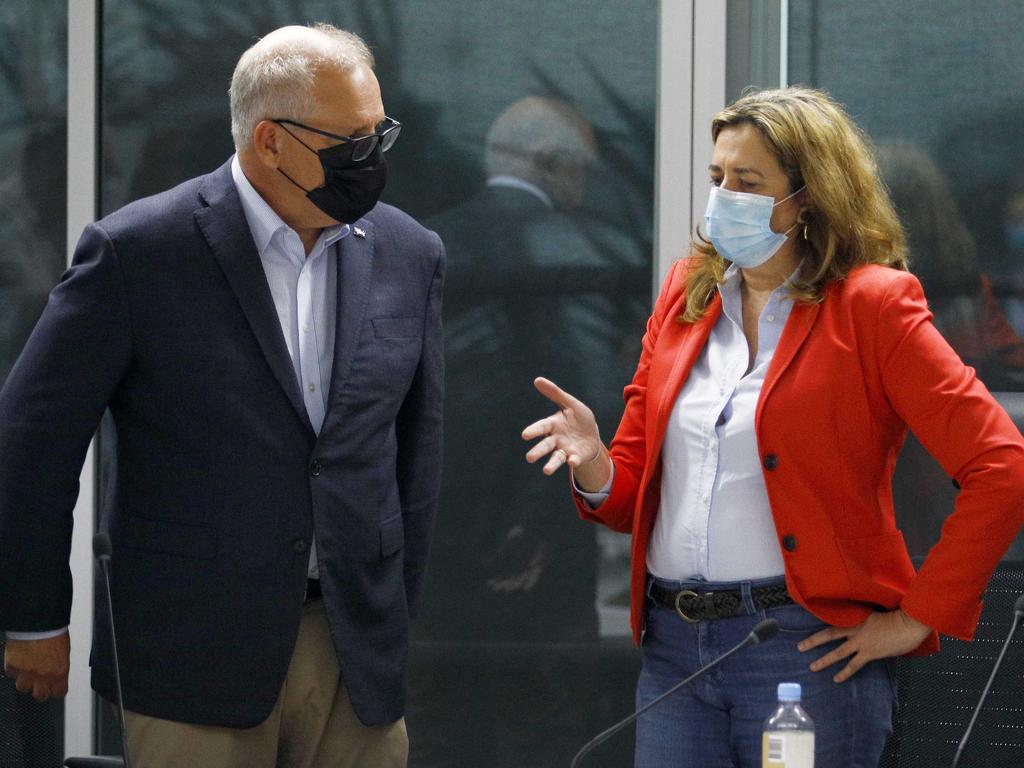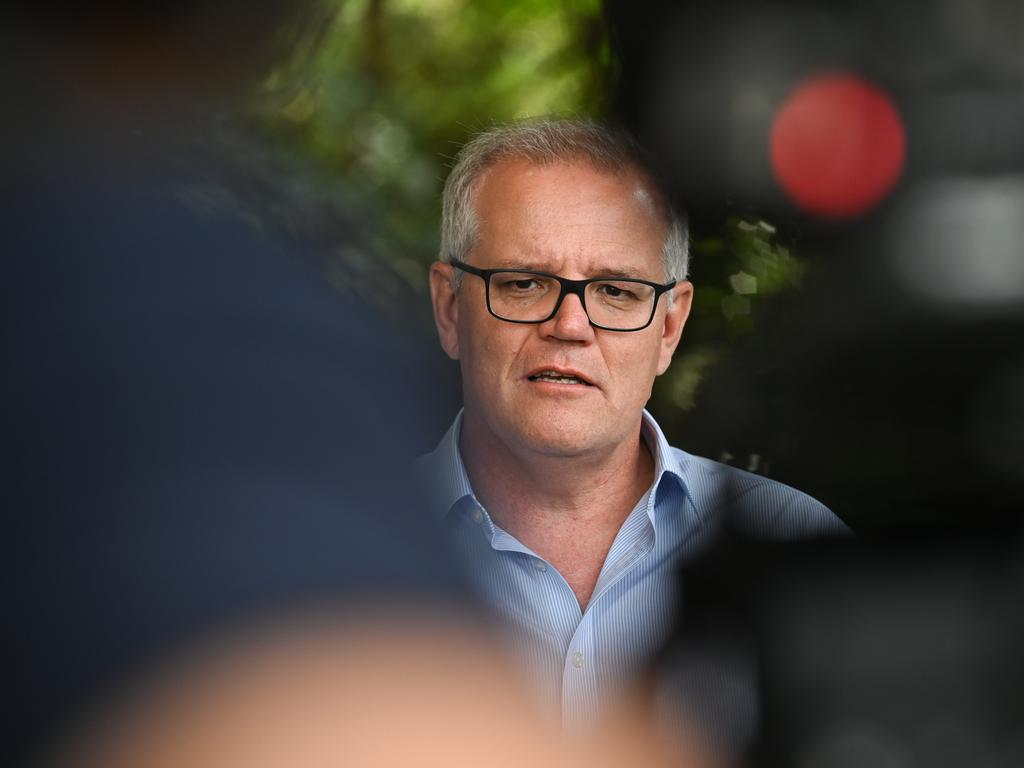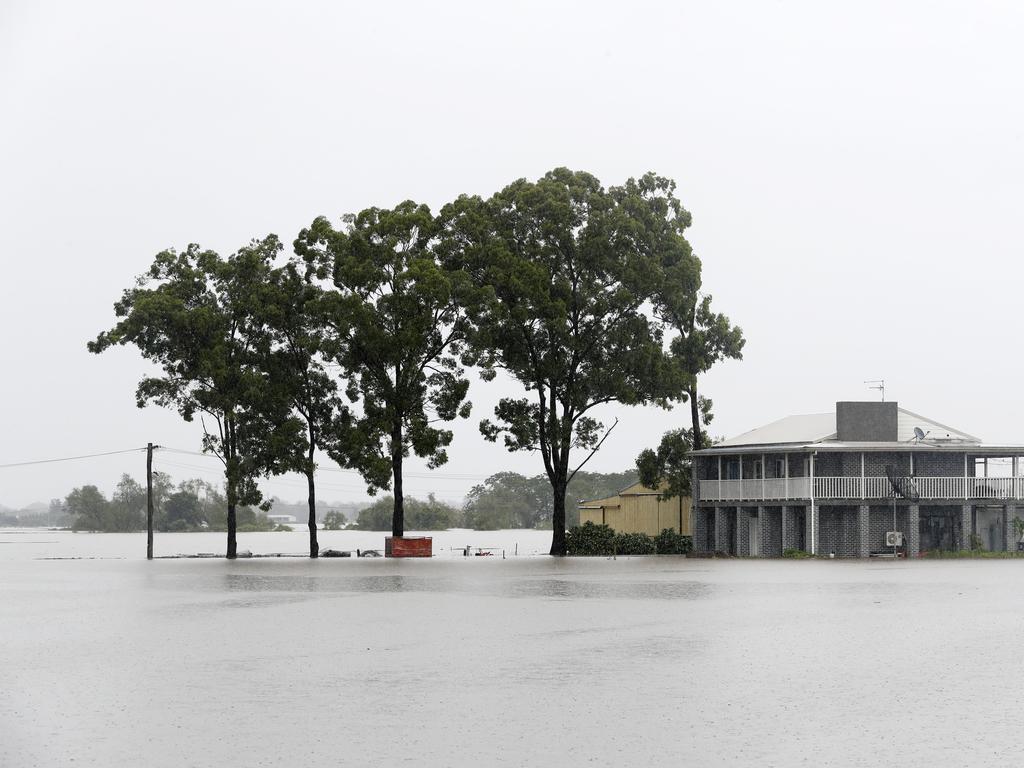Labor to consider civilian disaster force if it wins the election: O’Connor
Rather than rely on ADF for worsening floods and fires, Labor will examine need for a civilian disaster response force ‘as a matter of urgency’ if it wins election.
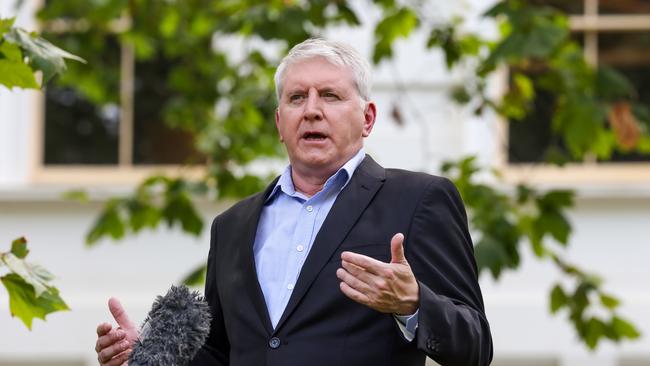
Labor will examine the need for a civilian disaster response force “as a matter of urgency” if it wins the May election, rather than relying on the Australian Defence Force to respond to worsening floods and fires.
Opposition defence spokesman Brendan O‘Connor said Labor would examine whether a “national emergency task force” was needed to rapidly respond to natural disasters, so the ADF could focus on its primary national security role.
“I think that's something we should examine as a matter of priority because we are seeing, you know, increased threats, increased natural disasters, and a constant deployment of ADF forces to look after communities,” he told the ABC’s Insider’s program.
More than 6000 ADF personnel are now supporting flood-hit communities in Northern NSW and Southeast Queensland, but there was criticism in some areas that they were too slow to arrive in sufficient numbers.
Mr O’Connor said ADF members wanted to help, “but I’m not sure it’s sustainable in the way in which it’s currently operating”.
Former Defence chief Sir Peter Cosgrove has called for a federally-funded emergency response force similar to the Army Reserve, while another former ADF chief Chris Barrie has proposed a national service scheme for young Australians who would be trained to respond to natural disasters.
Mr O’Connor said the Coalition had failed to act on natural disasters, and Labor would examine disaster relief options within four months if it won government under a climate change threat assessment plan.
“There's a whole series that people have put forward of very useful propositions that I know an incoming Albanese Labor government would consider as a matter of urgency, because of the combination of the increased … natural disasters, and also the need for our Defence Force to be trained for military purposes,” he said.
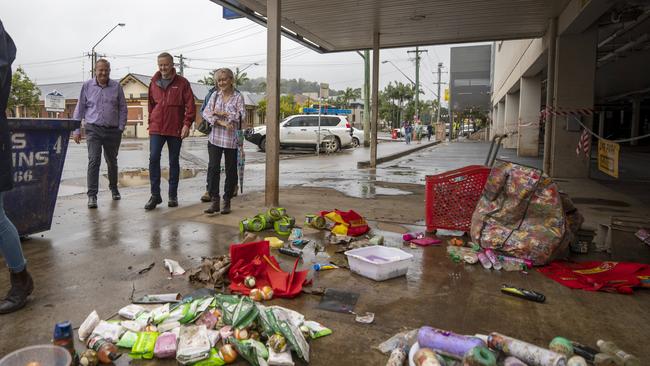
It’s understood Labor would not back any form of conscripted civilian force but is open to voluntary and federally-funded options.
As the first of 120 NSW government-funded motorhomes left Sydney to provide medium-term accommodation to flood-affected communities, NSW Premier Dominic Perrottet said the time taken to deploy ADF personnel in his state would be examined in a review of the disaster response.
He said the review would look at potential “red tape” that prevented resources getting where they were needed
“I would prefer to have as many troops on the ground as quickly as possible where the need is. Clearly,” Mr Perrottet said.
But Scott Morrison said communities initially had to help themselves when disasters struck, with later support from the SES and ADF.
“Of course we need people to go and rescue their neighbours,” the Prime Minister told Nine on Sunday.
“We need the community response. That is the first response because the community is always going to be the first ones there.
“You’re never going to have an ADF base sitting around the corner in every single town.”
Mr Morrison said natural disasters were occurring more frequently due to climate change, and the government was acting to bring down carbon emissions.
“But dealing with climate change isn't just about getting emissions down. It’s about resilience and adaptation,” he said.
“You want to deal with resilience on bushfires, you have to do fuel load management. You want to deal with floods, you've got to build dams. Now it hasn’t been the Coalition that has been against reducing fuel loads and building dams in this country.”
Mr O’Connor said dealing with natural disasters was becoming more expensive, and “part of the problem we have is we've had a government in denial for almost a decade on climate change”.



